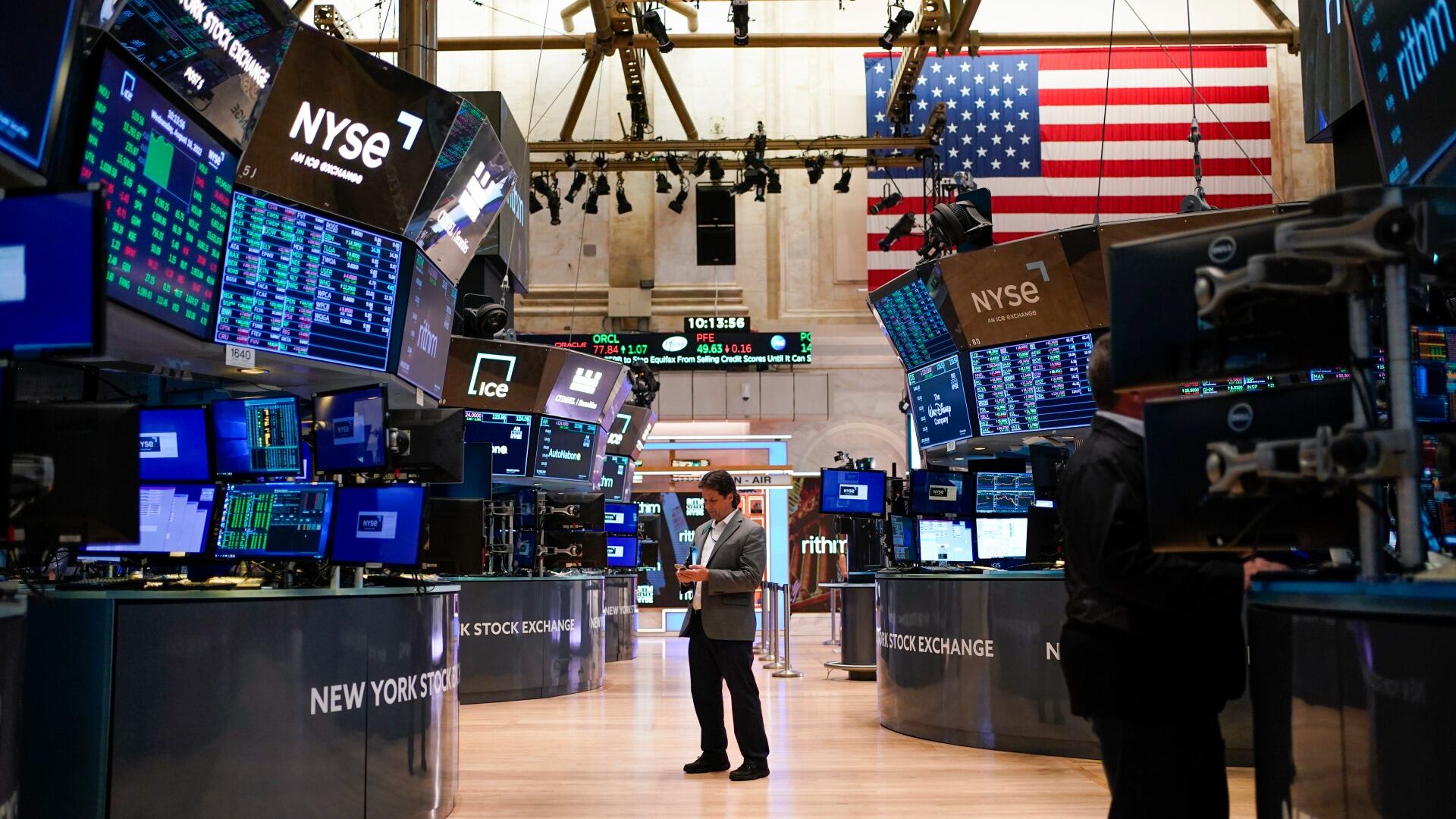By Stan Choe
Stocks are drifting Thursday following a mixed set of profit reports as Wall Street’s momentum cools a bit.
The S&P 500 was 0.1% lower in early trading, coming off its highest close since early April 2022 and its seventh gain in the last eight days. The Dow Jones Industrial Average was up 169 points, or 0.5%, at 35,321, as of 9:45 a.m. Eastern time, and the Nasdaq composite was 0.4% lower.
Two of the most popular stocks, Netflix and Tesla, helped weigh on the market after the companies reported how much profit they earned during the spring.
Tesla fell 4.6% despite reporting stronger profit and revenue than expected. Analysts said investors may be concerned about how profitable the electric vehicle maker will be after cutting prices. Planned factory downtime during the summer for upgrades could also weigh on its upcoming results.
Because Tesla is one of the most valuable companies on Wall Street, its stock movements carry extra weight on the S&P 500 and other indexes.
Netflix sank 7.8% despite also reporting stronger profit than expected. One important measure for the company, how much revenue it makes from each paid membership on average, fell during the quarter from a year earlier.
Tesla and Netflix are two of the first huge tech-oriented companies to report their profits for the spring, and a lot is riding on the results. Big Tech stocks have rallied hard this year and been the primary reason for the S&P 500’s big gains. Netflix is still up 49% for the year so far, and Tesla has more than doubled.
If big tech stocks don’t produce the profits to justify the big moves, it could put the rally at jeopardy.
Other companies across Wall Street reported a mixed set of results.
Zions Bancorp. rose 7.8% after reporting stronger profit and revenue for the quarter than expected. It also said customers added $2 billion in deposits, or 3.2%, over the last three months, which it called a “solid’ number.
Truist Financial sank 4.1% after reporting weaker revenue than expected. It also said average deposits decreased 2.1% from earlier this year, though its profit topped expectations.
Banks have been under heavy scrutiny since three failed this spring under the heavy weight of high interest rates. They all buckled under the pressure of customers suddenly fleeing together en masse.
The biggest loss in the S&P 500 came from Discover Financial, which slid 14.1%. It disclosed that it was working with regulators to resolve an accounting error dating back to 2007 that misclassified some credit card accounts. It also said it was suspending share buybacks while it conducts an internal review.
Doing the most work to limit the S&P 500’s losses was Johnson & Johnson. It rose 4.9% after reporting profit and revenue that both topped expectations for the latest quarter. It also raised forecasts for financial results for the full year.
In the bond market, yields were climbing after a report suggested the job market remains remarkably solid. Fewer workers applied for unemployment benefits last week than expected, an indication that layoffs aren't worsening.
The strong job market has helped U.S. households continue spending despite much higher interest rates meant to bring down inflation, and that has helped keep the economy out of a long-predicted recession.
Inflation has been on the way down since last summer, which has many traders hoping the Federal Reserve's next hike to interest rates, expected next week, will the the last of this cycle.
The yield on the 10-year Treasury rose to 3.83% from 3.75% late Wednesday. It helps set rates for mortgages and other important loans.
The two-year Treasury yield, which moves more on expectations for the Fed, climbed to 4.84% from 4.77%.
In markets abroad, stocks were higher across much of Europe and lower across much of Asia. Japan's Nikkei 225 fell 1.2%.
The world's third-largest economy said it logged a trade surplus in June for the first time in nearly two years as imports sank nearly 13%, largely due to lower oil prices and a weak Japanese yen. Exports rose only 1.5% from a year earlier despite sharp increases in shipments of vehicles as supply chain problems eased. Economists say they anticipate weaker exports in coming months as demand in other major economies slows.
AP Business Writers Yuri Kageyama and Matt Ott contributed.









